We live in a golden age of video game adaptations. From the Sonic movies to The Last of Us, for the most part, recent television and film adaptations of video games have been fairly successful both financially and critically. I say for the most part because that’s conveniently forgetting about the myriad of anime adaptations that have disappointed, like the three Persona anime.
Because Persona 3, 4, and 5 were, and still are, incredibly popular, Atlus saw fit to try and turn the series into a multimedia franchise beyond the gaming space. While there are plenty of manga adaptations, concerts, and even a handful of live stage shows, the Persona anime adaptations were arguably their largest attempt at branching out into a new medium. These three anime projects approached adapting each game in a fairly unique way, and all three of these anime are the worst way to experience the stories of their respective games.
If you’ve played any of these games before, or any RPG for that matter, the reason should be pretty clear. Each Persona game is absolutely massive in size and scope. The average runtime for these games can be dozens of hours, with Persona 5 in particular being a gargantuan game that can take over 100 hours to complete. Sure, a lot of that time will be filled with nonessential sequences like grinding in randomly generated dungeons or trying to maximize your skills, but even if you want to be charitable and shave those hours off, you’ll still be left with a narrative that cannot simply fit within the span of a conventional cour or two of an anime.
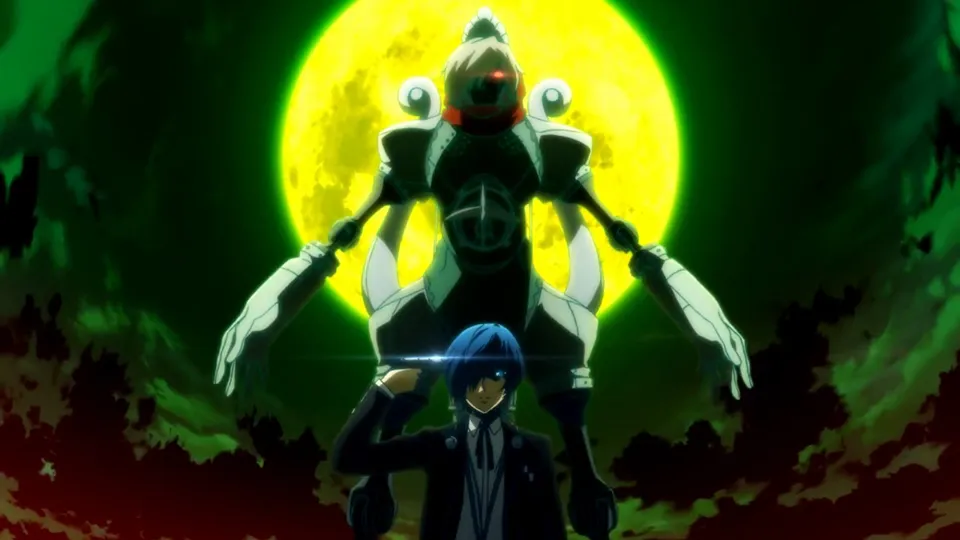
Because of this, the story of each of these anime tends to feel truncated at best. Take the film adaptations of Persona 3. From 2013 to 2016, the staff at AIC ASTA and A-1 Pictures released four feature films, each lasting on average a little over an hour and a half. While Persona 3’s story is relatively simple in comparison to later entries, the story comes across as very lopsided. The earlier hours of the game are relatively boring with very few events happening, so the first two films feel padded out with moments that, even in the larger context of the game, feel underbaked. The last two films have a lot more forward momentum, thanks to a lot of the themes and ideas finally culminating with the game opting to shatter its status quo, but that creates the opposite problem of jamming too much content into too little time. Moments that should have impact instead feel not impactful or, at worst, inconsequential.
The Persona 3 films may be the most obvious examples of what’s wrong with adapting an RPG’s plot, but the Persona games aren’t just about their central narrative. Social Links are a key aspect of the games where you spend your free time fostering friendships and relationships with a variety of people. Sometimes they’re your party members, but most of the time they’re random people (or non-people) you meet either in your school or around town. Technically they’re inessential – the only ones you’re required to complete automatically progress with the plot – but they’re still a core part of the experience.
In these anime adaptations, Social Links aren’t a thing. You may have a character that had a Social Link in the games cameo in the background of a scene or maybe say a quick line of dialogue, but if they didn’t have a cutscene within the main narrative, then they’re footnotes at best. For example, in Persona 5: The Animation, the scene where you discover that Kawakami moonlights as a maid is still there, serving as a bit of a joke scene, but you get none of the development that her Social Link offers as to why she’s a maid. Skipping these important character beats makes all three of the adaptations come across as only having a surface-level understanding of the games they’re based on, with further context only gained from people who have already played the games. And then, what’s even the point of their inclusion? Fanservice?
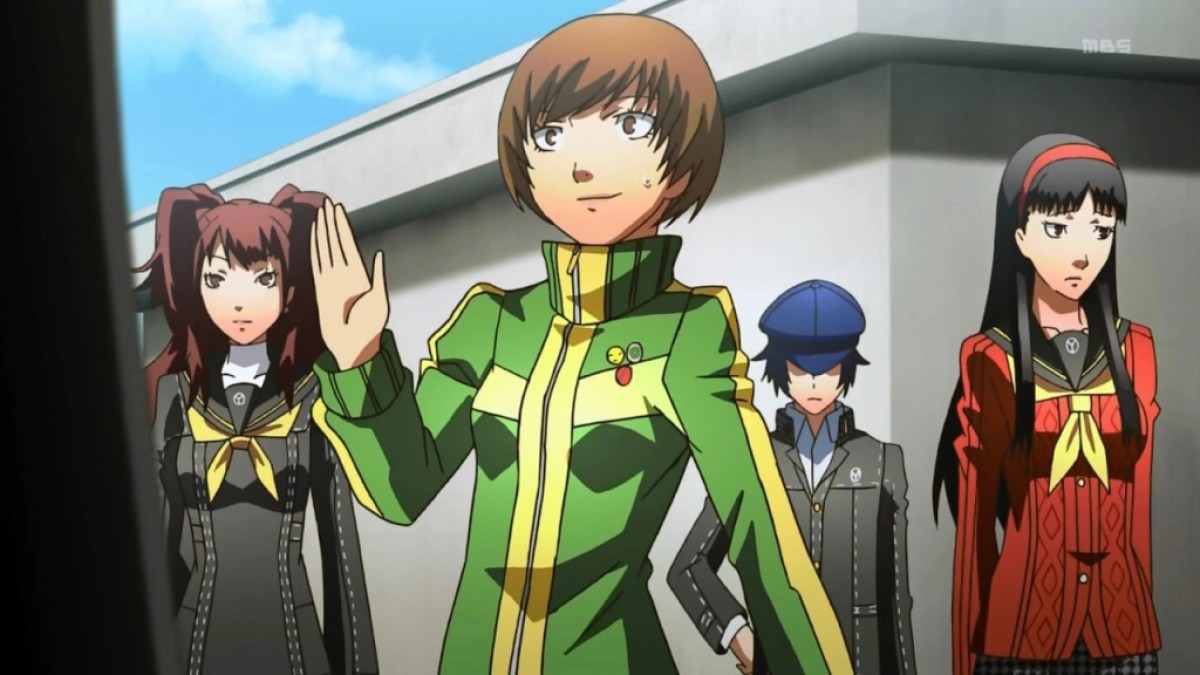
It’s especially apparent in Persona 4: The Animation, where most of the characters who would be a part of a Social Link just appear with no fanfare and aren’t even named. Their purpose there is just to exist for fans to point and go “I know them” and nothing more. They may take some interesting approaches with how to address concepts from the game, like making the protagonist a bit of a snarky guy with a defined personality. Then you have moments that are fleshed out and expanded slightly, like the encounter with Mitsuo, which in the game was a very obvious red herring that amounted to very little. At least there’s some gravitas to that encounter in the anime, but not by much.
Whenever side content is attempted to be integrated into Persona 4: The Animation, it usually ends up as a complete disaster. That couldn’t be more apparent than in the second Persona 4 anime, which attempted to add in the extra content from Persona 4: Golden. Extra content in a Persona game is almost always clunkily integrated into the main plot and undermines a lot of the original ending, but they don’t even attempt that in Persona 4: The Golden Animation. That sequel anime takes all of the new additions added into Golden and just presents them as is, not even attempting to integrate it in any logical way.
The first three episodes of Persona 4: The Golden Animation are especially bad at this. The first episode establishes the context of the game and establishes our protagonist, Yu Narukami, the premise of Shadows and the Midnight Channel, as well as the new supporting character, Marie. In the next episode, we jump to over a month later when Marie meets the other supporting characters, characters who are not properly introduced into the narrative of Persona 4: The Golden Animation. The third episode then jumps to July, skipping over two complete arcs in favor of having more time with Marie. Even for fans, it’s next to impossible to watch knowing that the actual plot is kept at an arm’s length at all times. If you were to try and watch the anime adaptation of Persona 4 for the plot, you would have to start and stop watching multiple different anime to make the story somewhat coherent.
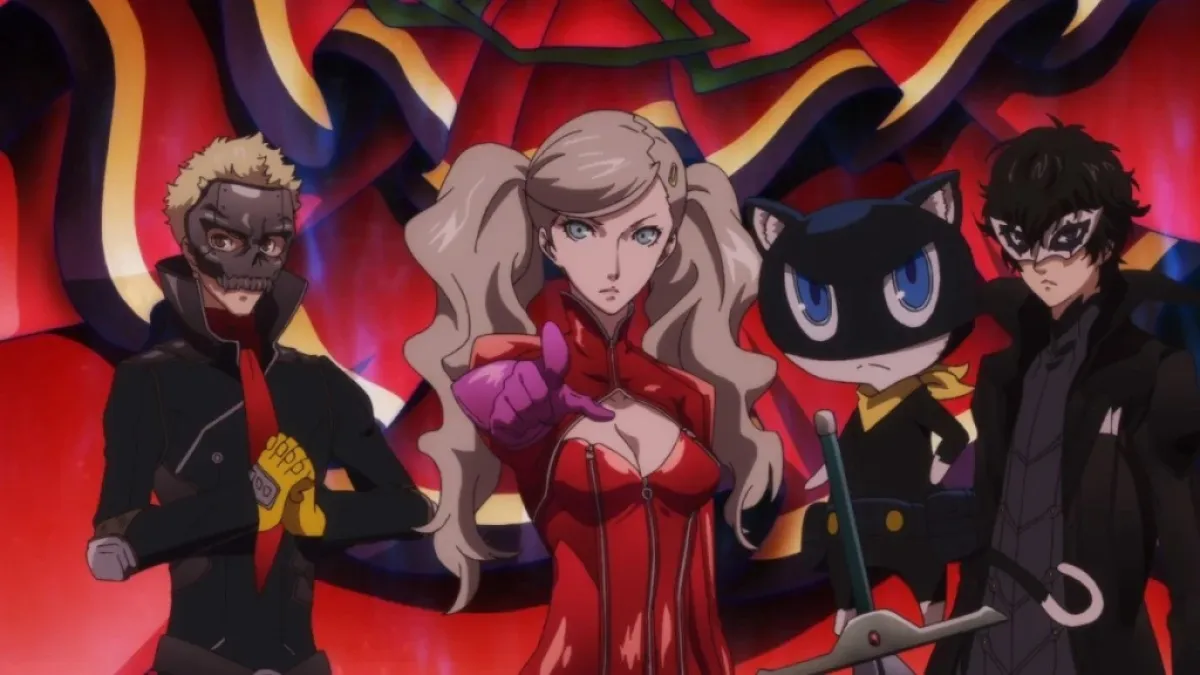
Of the three adaptations, I would say that Persona 5: The Animation feels the most complete, telling its full story, or at least a competently truncated version of it. Some minor Social Links are covered, the main beats of each character’s arc are faithfully adapted, and there’s even some extra development between characters like Joker and Akechi. And yet, not even this anime can escape the perils of a shoddy adaptation and arguably in the worst possible way. The animation itself is mediocre at best, which is probably the gravest sin an adaptation of Persona 5 could commit.
I’m not going to say that Persona 3 and Persona 4 were visually amazing, but they had their charms. From the menu design to the choice of color palette, each game had its distinct personality that was reinforced by its aesthetic. When those games were adapted, to their credit, each studio was able to capture the tone and aesthetics each game had. The Persona 3 films had the benefit of sporting feature-length budgets and didn’t have any major time constraints. The anime adaptation of Persona 4 is a bit weaker visually, but considering that the original game was a PS2 game with somewhat dated visuals, the somewhat limited animation was still seen as an improvement. It’s still not great, but it’s at least competant.
But Persona 5 is different. Its stark visual design was what made it iconic and its sense of style was all-encompassing. If there was one area that an adaptation of Persona 5 needed to succeed in, it was with its visuals. Unfortunately, almost all of the action sequences, or even dramatic moments like when each cast member discovers their persona, feel inferior to the base game. They lack impact and, due to this being one of the first productions by the then-new studio CloverWorks, you can tell the budget is strained in depicting these larger sequences. And that slick design that captivated gamers is mostly relegated to the anime’s opening and ending themes.
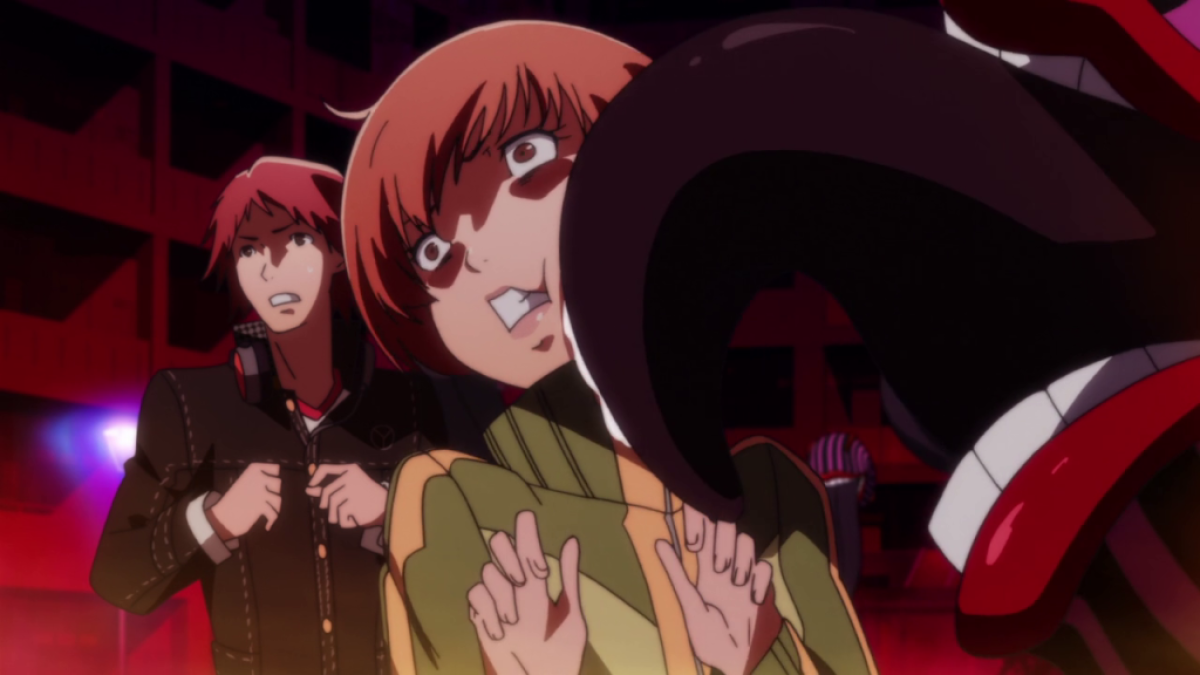
It’s fascinating looking at the world of animated Persona projects and seeing that Atlus and any production studio foolish enough to tackle such a project always fall into the same traps. Of course the story is going to be truncated and feel half-hearted. Gameplay mechanics like Social Links are barely a thought in these shows. Content is haphazardly strewn throughout, and the visuals are going to be unremarkable at best. It’s no surprise that most Persona fans rarely, if ever, talk about these anime adaptations. They’re inferior in virtually every way and only exist to serve as more products to be milked out of the Persona brand.
So if you’ve become a fan of the series thanks to Persona 3 Reload and discovered that there are multiple anime based on this popular RPG franchise, avoid them like the plague. They’re bad shows that not even fans of the series like myself can recommend.

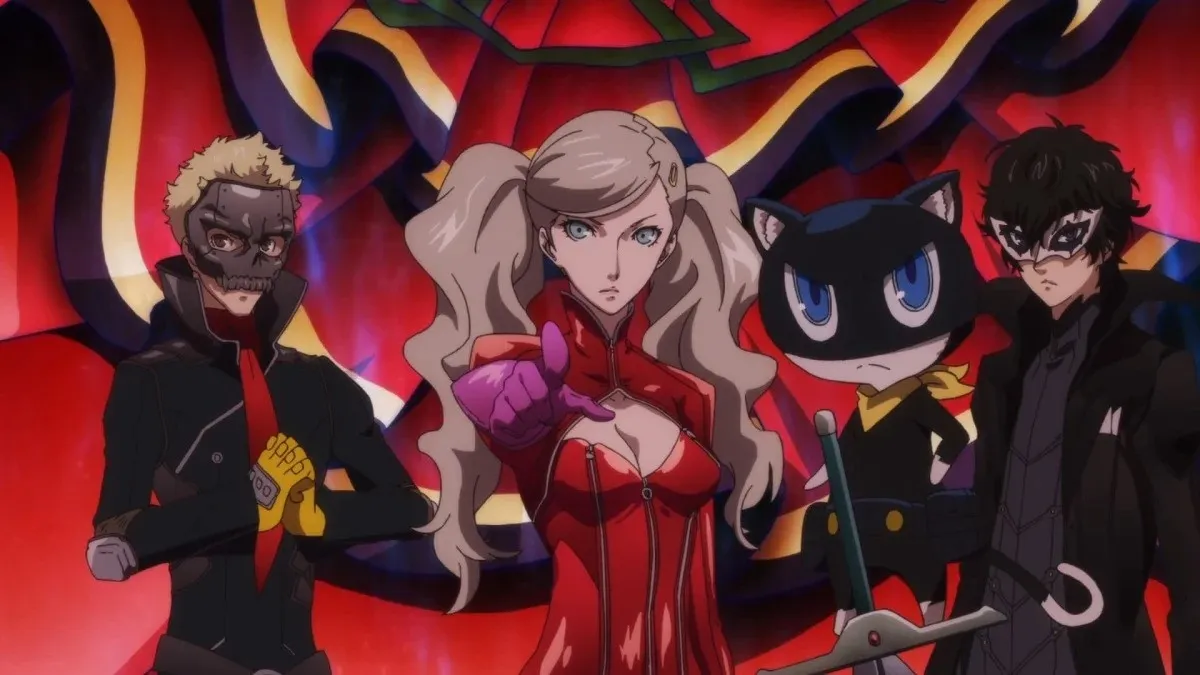
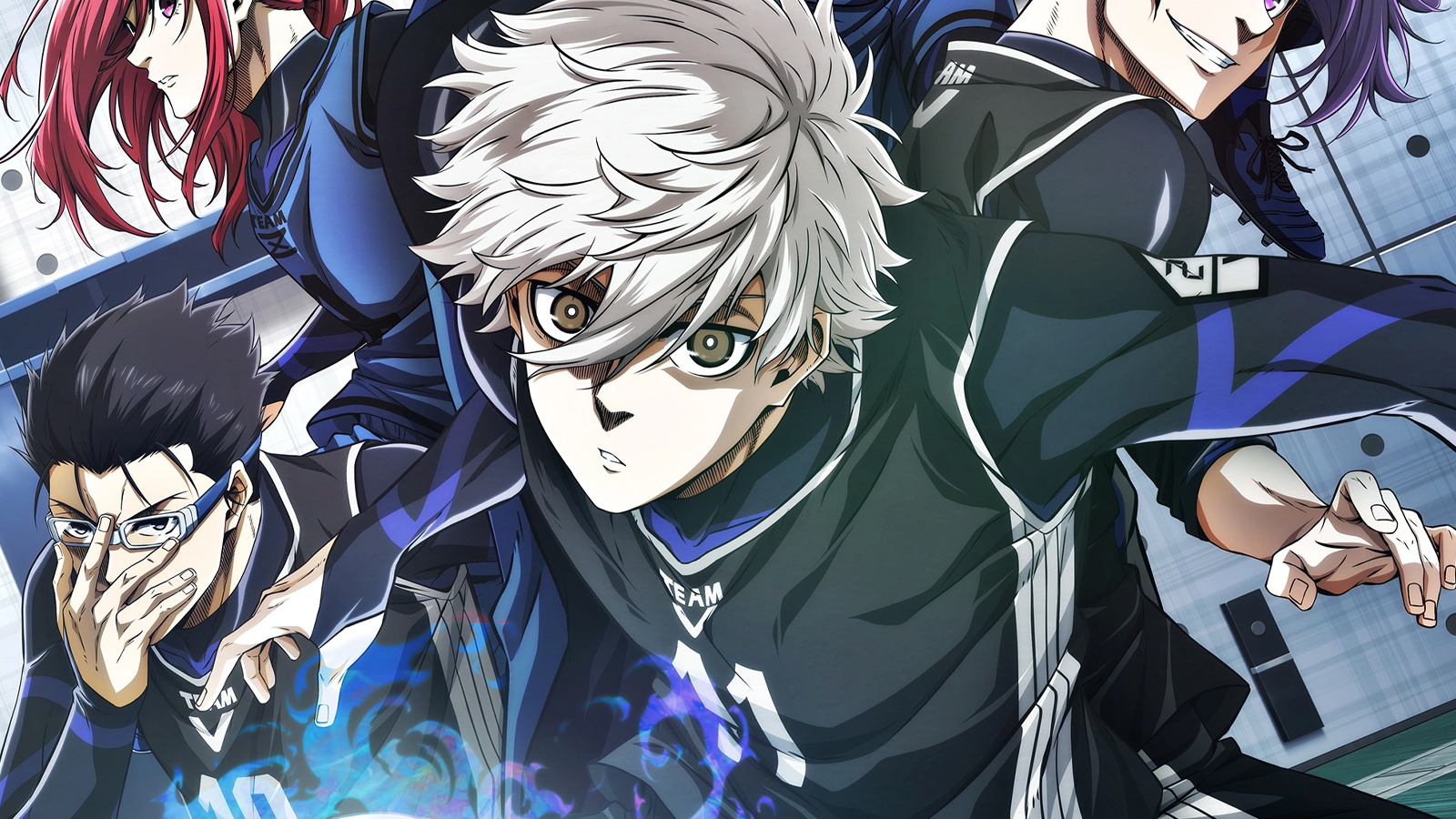
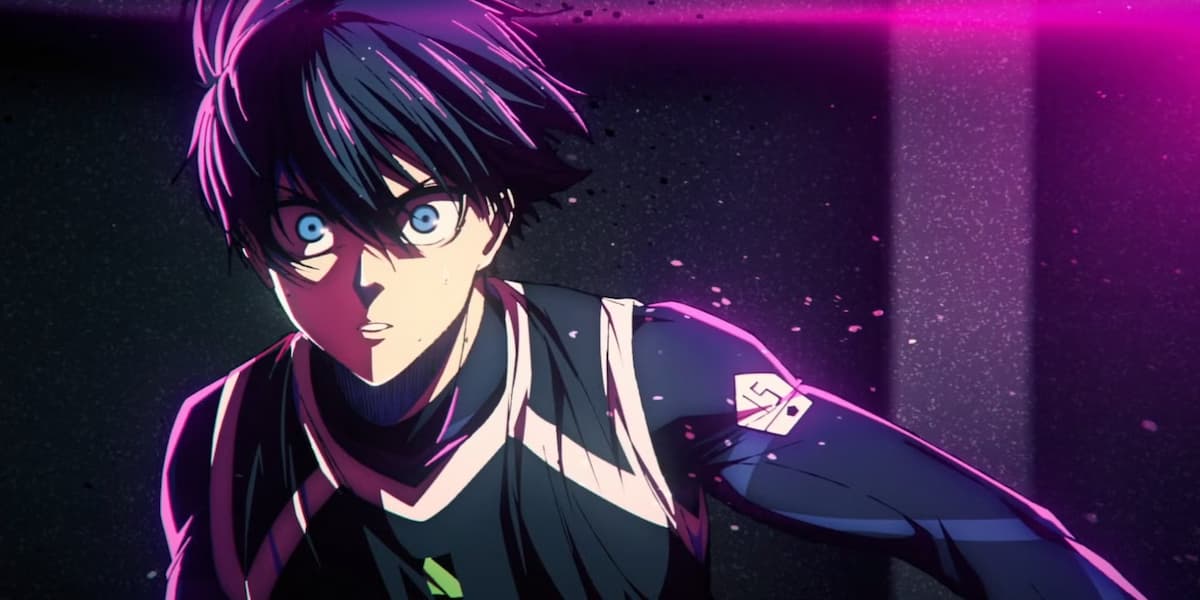

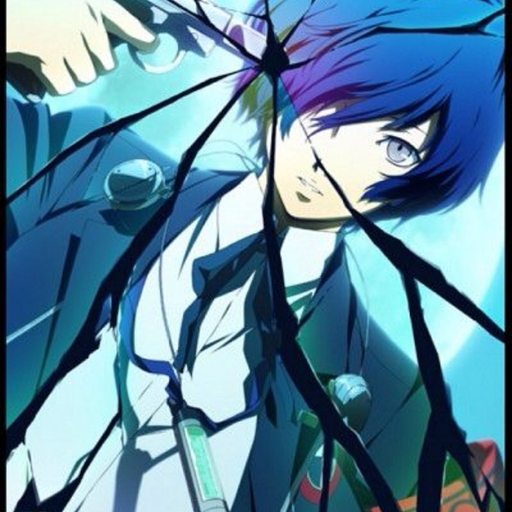
Published: Feb 29, 2024 04:55 pm